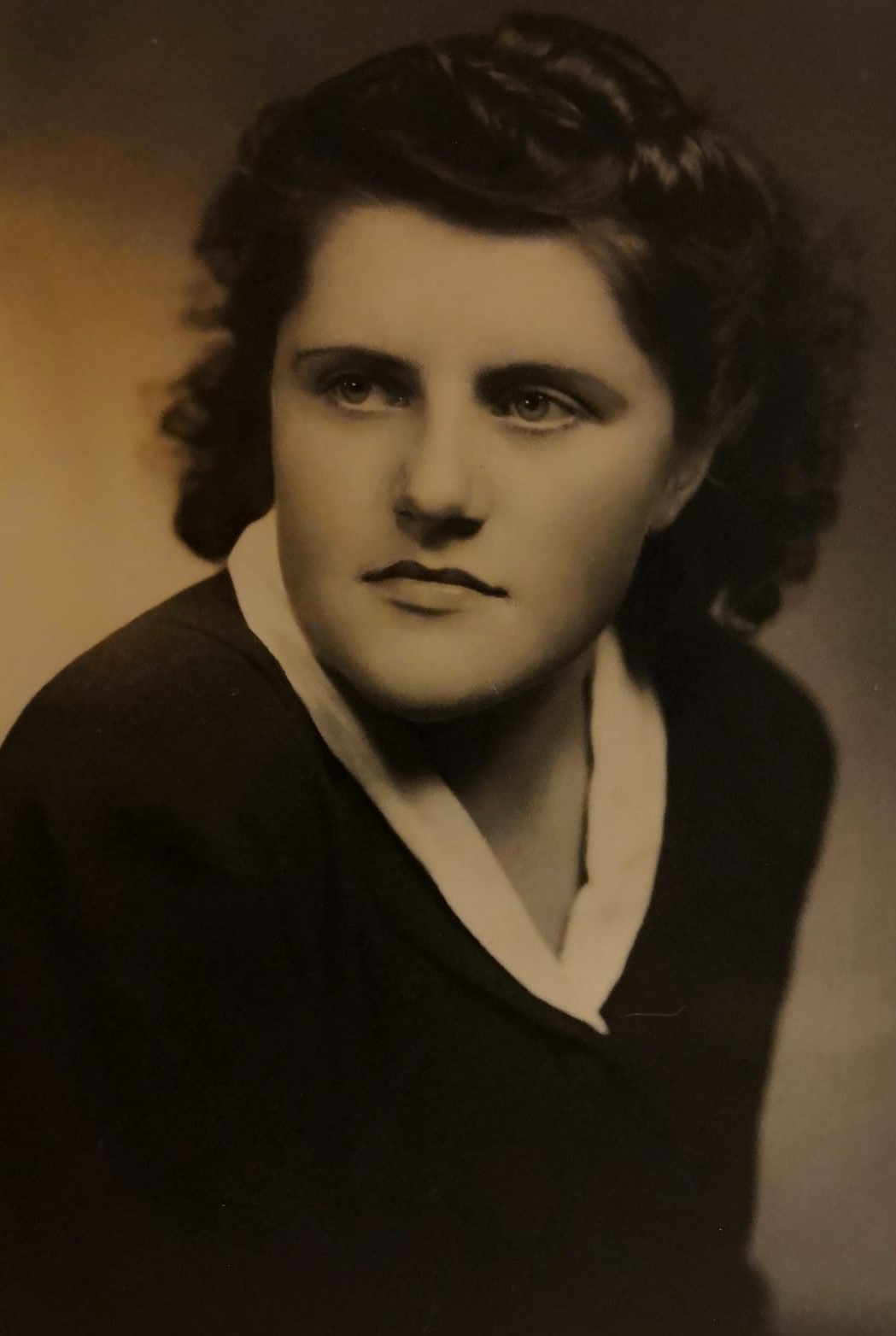We all thought it was only for two months

Stáhnout obrázek
Ida Menzinger, born Sulzerová, was born on 4 May 1931 in Kobylnice in the Šumava border region into a German-speaking family. She had twelve siblings, her father Kajetán was a shoemaker, her mother Terezie was a housewife. After World War II, part of the family was deported, but Ida Menzinger stayed with her parents and younger siblings because they had to wait for her brother Otto to return from prison. After his return, however, there were no more deportations, and so the Sulzer family was relocated only inland to the village of Přísahov. After the war, the witness could no longer continue her education. She served with the Czechs, where she was not treated well as a German. It was only here that she gradually began to learn Czech, secretly thanks to the daughter of her employer. Later, she found work briefly in agriculture and at the Water Works during the construction of Lipno. Finally, she found her fulfilment in a job at a hotel in Vyšší Brod, where she stayed until her retirement. She raised five children, one of her daughters married in West Germany. She was repeatedly interrogated by State Security, pressured to cooperate and constantly monitored for correspondence with her family abroad. Her husband, Jan, was a professional soldier and lost his job because of her background. Ida Menzinger was living in Vyšší Brod in 2023.














